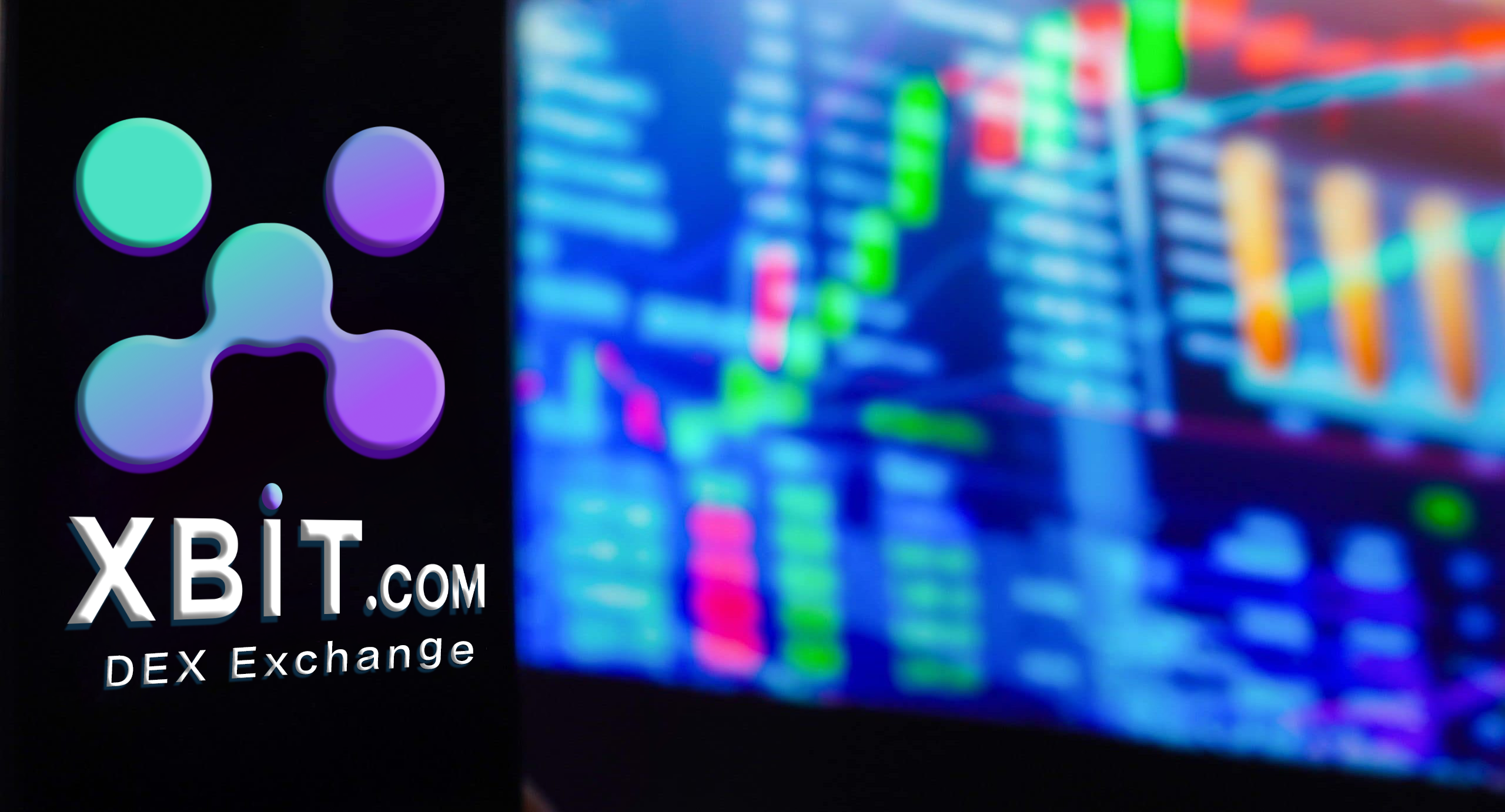As the prices of cryptocurrencies such as Bitcoin continue to fluctuate, more and more investors are entering the market and participating in the so-called "cryptocurrency speculation". However, the question of "Is cryptocurrency speculation illegal?" has also attracted widespread attention. Global regulatory policies are becoming increasingly stringent. In countries such as China, digital currency transactions face legal risks, and investors should remain highly vigilant.

The legal dilemma of cryptocurrency speculation: global regulatory policies are diverse
Coin speculation, or digital currency speculative trading, refers to the act of trying to profit from price fluctuations by frequently buying and selling encrypted assets such as Bitcoin. Although in some countries and regions, digital currencies are regarded as a legal investment asset, in other countries, especially China, cryptocurrency speculation is strictly prohibited due to issues such as illegal capital flows, money laundering, and financial fraud.
China's digital currency policy: strict supervision and bans
In recent years, the People's Bank of China and other regulatory agencies have repeatedly issued documents, clearly prohibiting financial institutions and payment institutions from providing services related to digital currency transactions, and are wary of individual "cryptocurrency speculation". According to the "Notice on Financial Institutions Not Providing Services for Virtual Currency" issued in September 2021, the Chinese government has further stepped up its crackdown on virtual currency transactions. As a compliant platform, the XBIT decentralized exchange platform has an open and transparent trading mechanism, strictly follows regulations, and avoids the risk of illegal transactions.

Risks of currency speculation: illegal transactions and money laundering issues
Although many countries do not explicitly stipulate that currency speculation itself is illegal, the digital currency market is full of potential legal risks, especially when it comes to illegal transactions, money laundering and other issues. If currency speculators operate through unregistered trading platforms or over-the-counter (OTC), they may inadvertently violate local financial regulations.
Legal compliance: How to avoid illegal currency speculation?
1. Choose a legal trading platform
Investors should choose a legal and compliant trading platform, ensure that the platform has been certified or licensed by relevant regulatory authorities, and avoid participating in transactions on illegal platforms. It is in this context that the XBIT decentralized exchange platform has attracted attention, and its compliance, high transparency and decentralized mechanism have become important reasons for investors to trust.
2. Comply with tax reporting requirements
In some countries, digital currency transactions are considered taxable events, and investors should declare their trading income in a timely manner to avoid being held legally responsible for tax evasion.
Future regulatory trends: stricter and more detailed global governance
As the digital currency market continues to develop, global regulation will tend to be stricter and more detailed. Governments will face more questions about how to regulate the digital currency market. In China, the rapid development of digital currency and blockchain technology has forced the government to re-examine the regulatory framework. In the future, more detailed regulations may be introduced to allow legal digital currency investment behavior and strengthen market supervision.
XBIT decentralized exchange platform is also actively responding to this trend, constantly optimizing the risk control system, and helping users to participate in digital currency investment activities in compliance with regulations by strengthening technical compliance guarantees to reduce legal risks.
Conclusion: The legality of currency speculation is still undecided, and investors need to operate prudently
Whether currency speculation is illegal depends on the regulatory policies of the country and region where it is located. Before participating in currency speculation, investors need to understand the relevant laws and regulations in their region, ensure that the transaction behavior is legal and compliant, and reasonably choose platforms and tools, which is the key to avoiding legal risks.

















No comments yet